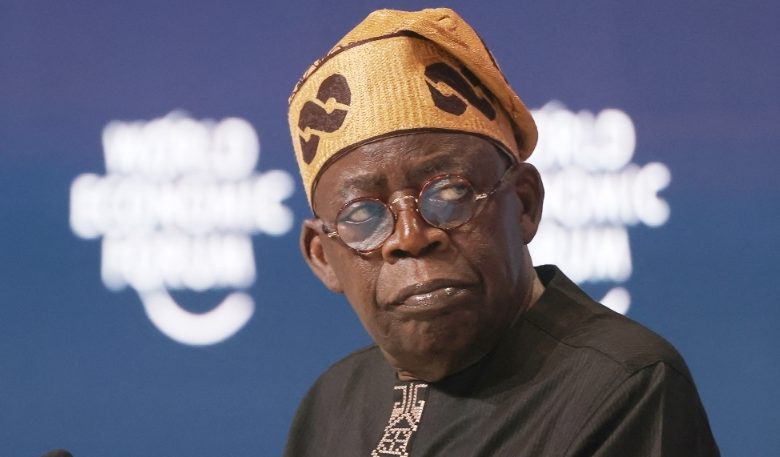A recent report by BMI, a Fitch Solutions company, forecasts Nigeria’s economic growth will reach 3.5% in 2025. However, weak Foreign Direct Investment (FDI) and low oil output are expected to continue hindering performance. According to the report, there will be a substantial decline in oil production due to underinvestment and challenges like oil theft. ...Tap To Read The Full Story Here | ..Tap To Read The Full Story Here...
Despite positive reforms under President Bola Tinubu’s administration, concerns about the business environment remain. Inflation is projected to average 20.2% next year, impacting domestic demand.
Part of the report read: “Turning to 2025, we forecast that economic growth will accelerate to 3.5 per cent. Inflation will remain on a downward trend next year, averaging 20.2 per cent, thanks to statistical base effects and more stability in the foreign exchange market.
“Indeed, greater monetary orthodoxy by the Central Bank of Nigeria (CBN) and lower dollar demand to finance petrol imports will limit exchange rate weakness next year.
“Accordingly, we anticipate that the CBN will launch a monetary easing cycle to stimulate credit demand and boost economic activity. Given these dynamics, we think that consumer purchasing power will strengthen and business confidence will improve, boosting activity in the non-oil sector.
“Overall, we project that total domestic demand will flip from a contraction of 0.2 per cent in 2024 to growth of 3.1 per cent in 2025, adding 2.4pp to real GDP growth.”
“Net exports will continue to support economic growth next year. Our oil & gas team anticipates that the Dangote refinery will increase its output further, which will transform Nigeria from a net fuel importer to a net fuel exporter in 2025.
“However, as domestic demand improves, the need for foreign consumer goods, imported raw materials, and capital inputs will gradually rise. Taking these dynamics into account, we project that while net exports will remain a positive factor for the economy, they will contribute a modest 1.1pp to the overall economic growth.
“The Nigerian economy will continue to underperform next year, despite the uptick in growth. While the reforms enacted by the Tinubu administration are positively influencing market sentiment, concerns about Nigeria’s long-term business environment will persist. “Despite a 219.7 per cent y-o-y rise in capital inflows in Q1’24, foreign direct investment remains low, pointing to international companies’ reluctance to invest in tangible assets.” ..ALSO READ FULL FROM SOURCE ↔️



